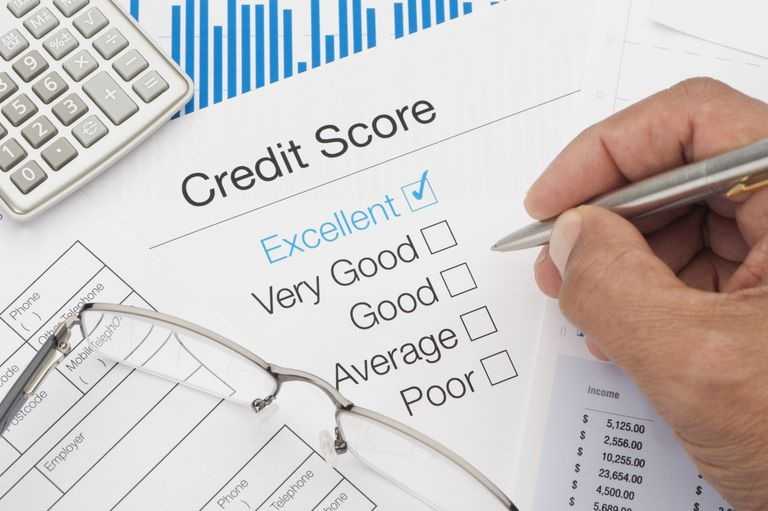All is not lost.
These days a ‘poor’ credit score is not necessarily a low credit score. An average credit score can be just as difficult to work with if you’re applying for loans or a mortgage. If you’ve ended up with a not very impressive credit score you may find that when you need to borrow money your only options are bad credit loans or no credit check loans. But just what can you do to improve this situation?
What is an average credit score?
Your credit score is effectively a numerical representation of how you’re viewed as a borrower. It will take factors such as past behaviours and borrowing patterns, as well as how much you currently owe, and create a figure that represents what you might be like as a borrower. There are a number of different credit score providers (including Equifax and Experian) and you can see what your credit score is for free. According to credit checking website ClearScore the average UK credit score is 381. However, scores are also collated by area –the worst average credit score in the country is 317, which is the average for residents of Sunderland. The best is 396, which is the average for residents of Kingston Upon Thames.
What can you do to improve your credit score?
Even if your credit score is above average for your area you might still have a way to go to reach the dizzy heights of a ‘good’ credit score. So, what can you do to improve it?
Check your credit report regularly. Are you consistently seeing your score remain around average? If it’s just not improving then this could be as a result of a mistake or inaccuracy that you need to correct.
Make sure you’re on the electoral roll. If you’re not registered to vote then doing so is the fastest and simplest way to give your credit score an uplift. You should be on the electoral roll by law and there are few downsides to adding your name, especially if you’re currently looking for better credit.
Borrow responsibly. You might think that a prolonged period without borrowing is what will help your credit score improve but you couldn’t be more wrong. In fact, if you’re borrowing sensible amounts and making your repayments on time then you’re far more likely to be an attractive prospect to a lender than someone who has no borrowings at all and so has no evidence of what they’re like as a customer.
Disconnect yourself from anyone you previously shared credit with. You’ve got great history with lenders, you’re on the electoral roll, you’ve never missed a payment and your borrowing to earnings ratio is perfect. So, why do you still have an average credit score? A joint mortgage, loan, bank account or even a shared energy bill could mean that your credit score gets linked to the person you once shared that financial space with. So, even if your credit score is perfect, if theirs isn’t, you might still find yourself suffering as a result. If you’re disconnecting financially then make sure you write to the credit reference agencies and ask for a “notice of disassociation” so that it’s quite clear you and this person are no longer connected.




